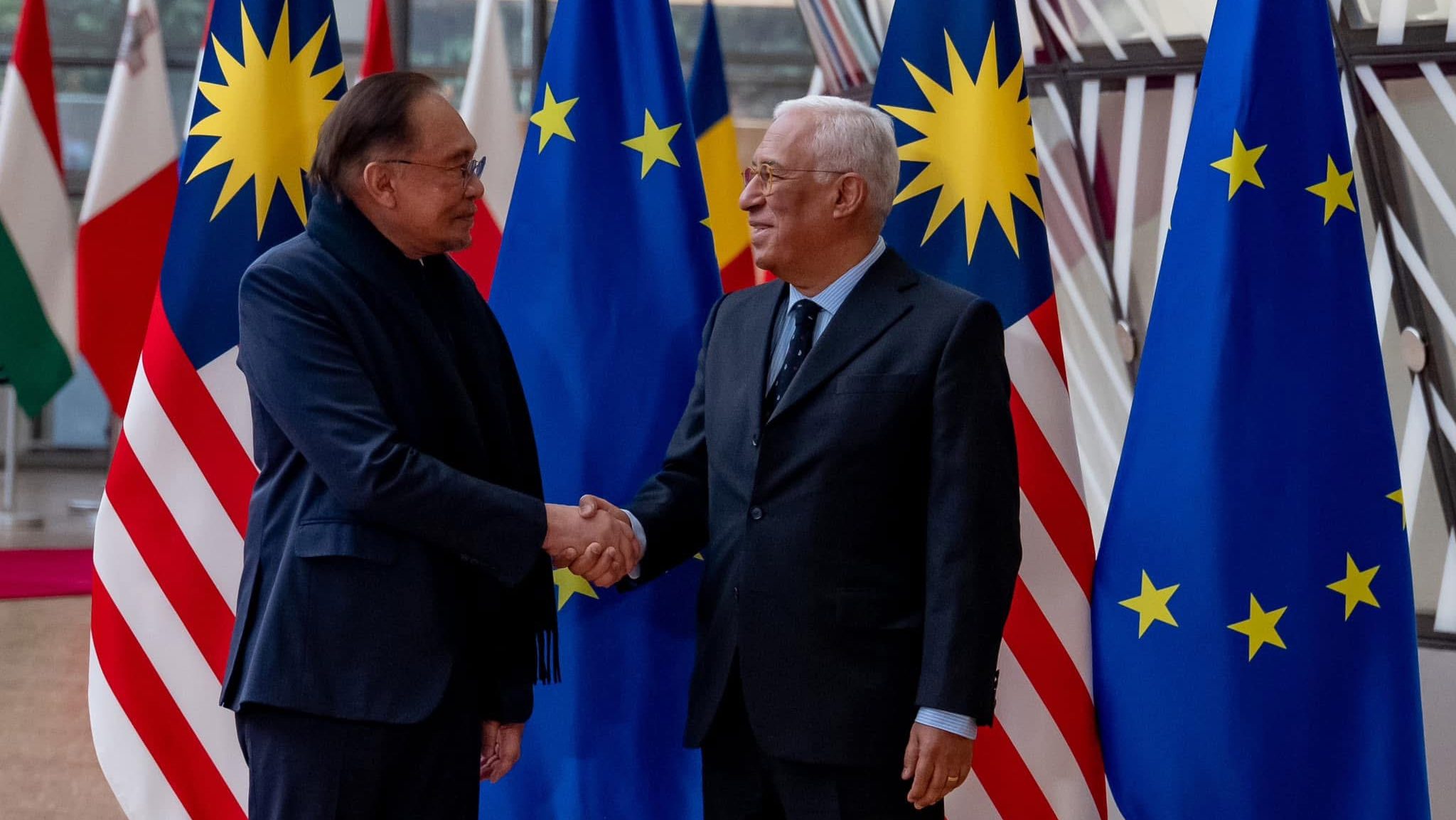MALAYSIA: Malaysia is positioning itself as a key trade and investment partner for the European Union (EU), with renewed discussions on the Malaysia-EU Free Trade Agreement (MEUFTA) set to resume. Experts highlight that stronger economic ties will grant Malaysian exporters easier and cheaper access to the EU’s vast single market, benefiting key sectors such as manufacturing, electronics, and palm oil.
Chris Humphrey, executive director of the European Union-Asean Business Council (EU-ABC), emphasised that the agreement will facilitate trade and bolster political and economic relations between Malaysia and EU member states. He noted that Malaysia’s strategic location makes it a crucial access point to the broader ASEAN region, enhancing its attractiveness for European investors.
Trade barriers remain
Despite the promising outlook, significant challenges remain unresolved, particularly regarding non-tariff trade barriers. Economist Geoffrey Williams told Free Malaysia Today (FMT), “The issues of concern include the EU’s desire to enter major sectors such as the automotive market as well as direct access to government procurement, both of which are restricted in Malaysia.”
Malaysia’s primary concern is the EU’s stringent sustainability requirements, especially regarding palm oil imports. The EU’s Deforestation Regulation (EUDR) imposes strict environmental, social, and governance (ESG) criteria, making it harder for non-certified products to enter the market.
Williams noted that while the regulation’s enforcement has been delayed, its requirements will remain in place, posing a potential roadblock for Malaysian exports. While Malaysia has pushed for its Malaysian Sustainable Palm Oil (MSPO) certification to be recognised as EUDR-compliant, Williams suggested that the EU is unlikely to accept this, as doing so could undermine its preferred certification system, the Roundtable on Sustainable Palm Oil (RSPO).
Balancing trade growth and sustainability
Economist Carmelo Ferlito argued that the sustainability debate should not result in excessive regulatory burdens that stifle innovation and economic development, as reported by FMT. He stressed that true sustainability must be economically viable, advocating for an approach that encourages innovation in products, processes, and policies rather than imposing rigid compliance standards.
As Malaysia and the EU prepare for renewed negotiations, striking a balance between economic growth and environmental responsibility will be crucial. Malaysia seeks to expand its trade footprint while ensuring that sustainability standards do not unfairly disadvantage its industries. Meanwhile, the EU aims to uphold its environmental commitments while fostering a stable and mutually beneficial trade partnership.
The resumption of negotiations was announced on Jan 20 after Prime Minister Anwar Ibrahim met with EU leaders in Brussels. The MEUFTA discussions, led by Malaysia’s Ministry of Investment, Trade, and Industry (MITI) and EU trade representatives, have yet to be scheduled.
The outcome of these trade negotiations will have far-reaching implications for businesses, investors, and policymakers on both sides. The challenge will be crafting an agreement that enhances trade and acknowledges the complexities of sustainability in a rapidly evolving global economy.

